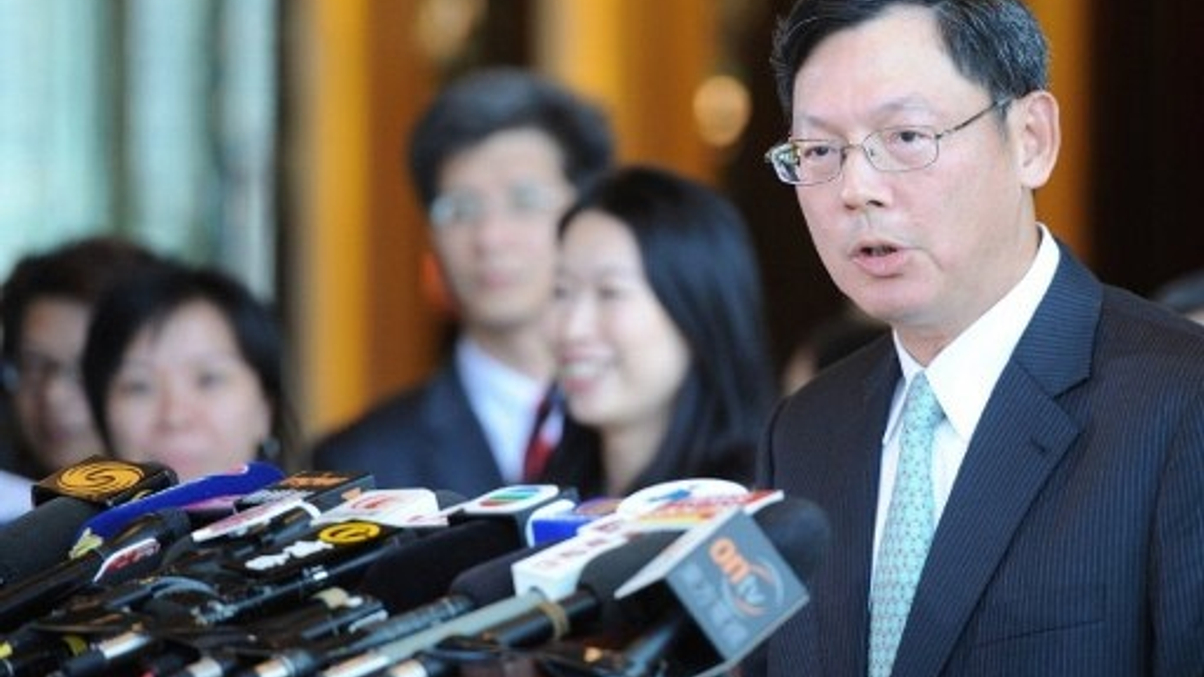Holistic HKMA stirs hope in private bank chiefs
They express optimism over the move to ease regulation in a drive for Hong Kong to eclipse Singapore as Asia’s premier private banking hub.

Private banking chiefs have welcomed moves by the Hong Kong Monetary Authority to adopt a regulatory approach more in keeping with the way they manage client portfolios.
Sign in to read on!
Registered users get 2 free articles in 30 days.
Subscribers have full unlimited access to AsianInvestor
Not signed up? New users get 2 free articles per month, plus a 7-day unlimited free trial.
¬ Haymarket Media Limited. All rights reserved.


